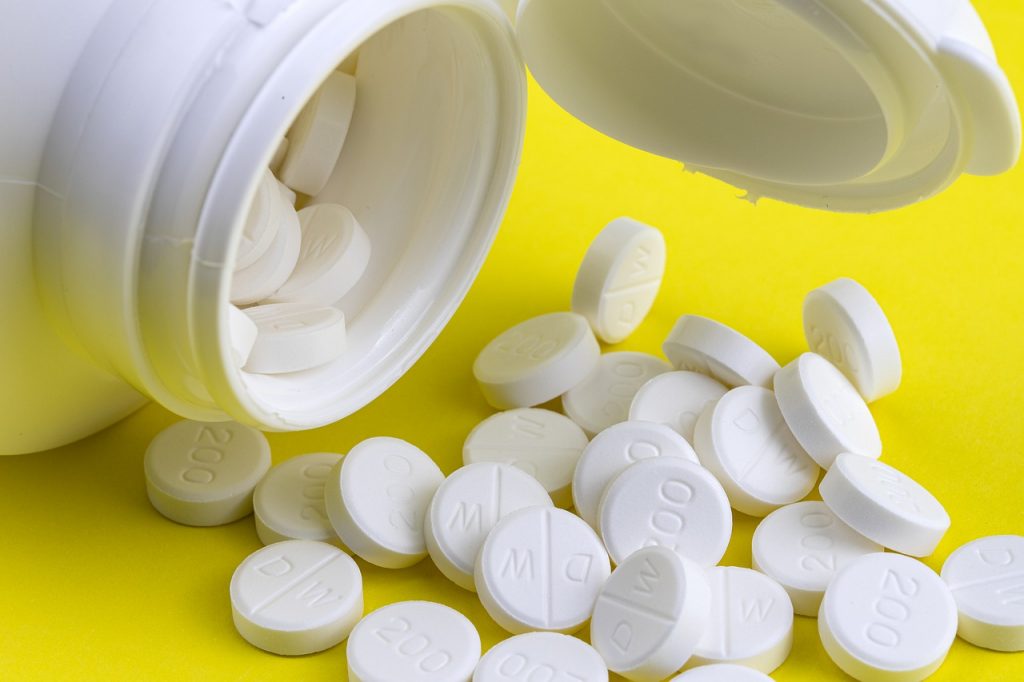Using Cocaine Is No Longer A Crime?
The Australian Government instituted new legislation that will prevent those caught with 2 grams or less of cocaine, and other illegal drugs such as LSD, from being arrested and instead be directed to drug treatment programs or face fines.
This article is more than 2 years old
Earlier this month, President Joe Biden issued a proclamation pardoning federal convictions of simple possession of cannabis. Although some people are interpreting the move as a step towards nationwide drug legalization, America is still figuring out its new rules. However, people caught with small amounts of cocaine, ice, heroin, and speed in Australia will be spared criminal charges in the Australian Capital Territory from 2023.
First tabled in June, the ACT’s parliament passed new laws that will see people found with nine different substances, including MDMA, amphetamine, cocaine, heroin, LSD, and mushrooms, face cautions, fines, or drug diversion programs instead of criminal prosecution. The government also plans to train frontline workers and police, on the territory’s new harm reduction protocols to strengthen the territory’s oversight protections.

However, personal drug use wouldn’t be fully legalized. Instead, folks caught with small amounts of cocaine (or personal use quantities under two grams) and the other covered substances would not be arrested. According to Vice, the government decision arrives after a Legislative Assembly inquiry into a proposed law tabled by Labor lawmaker Michael Pettersson, who was responsible for a similar bill that legalized the personal use of cannabis across Australia in 2019.
Speaking about the new cocaine legislation, Australian Capital Territory Health Minister, Rachel Stephen-Smith said the new law falls in line with recommendations made by leading harm reduction and health experts across the country. “The ACT has led the nation with a progressive approach to reducing the harm caused by illicit drugs with a focus on diversion, access to treatment and rehabilitation, and reducing the stigma attached to drug use,” she said.
The cocaine law also adds to a flurry of recent harm reduction efforts mounted by the Australian government over the last 12 months. “This sensible reform is based on the expert advice that a health-focused, harm-reduction approach delivers the best outcome for people using drugs,” the Health Minster added. Canberra residents have also supported decriminalizing drugs, with only one in 10 saying they supported imprisonment for possession offenses, according to a 2021 survey.
As it stands, the number of locals who face drug charges averages ten per year. While it’s not a huge number, Stephen-Smith said getting it to zero would take immense pressure off the justice system. It would also allow the territory to prioritize reducing the risks of harm faced by the territory’s cocaine users and make room for police to target the region’s drug trade at the distribution level.
However, the bill hasn’t come without opposition. Speaking on ABC (via Vice), Deputy Leader of the Canberra Liberals Jeremy Hanson called the cocaine law a radical move that risks driving crime rates up and leading to more carnage on the roads. “It’s not going to change the number of people going into the criminal justice system,” he argued. “And it’s not going to fix the problem that we have now, which is not enough people being able to access treatment.”
But it wasn’t just conservative politicians who had reservations about the move to legalize cocaine either. Some harm reduction advocates say a move to fines could be a zero-sum game, as it would leave the community’s poorest and most vulnerable, exposed to aggressive policing and fines they ultimately cannot afford.





